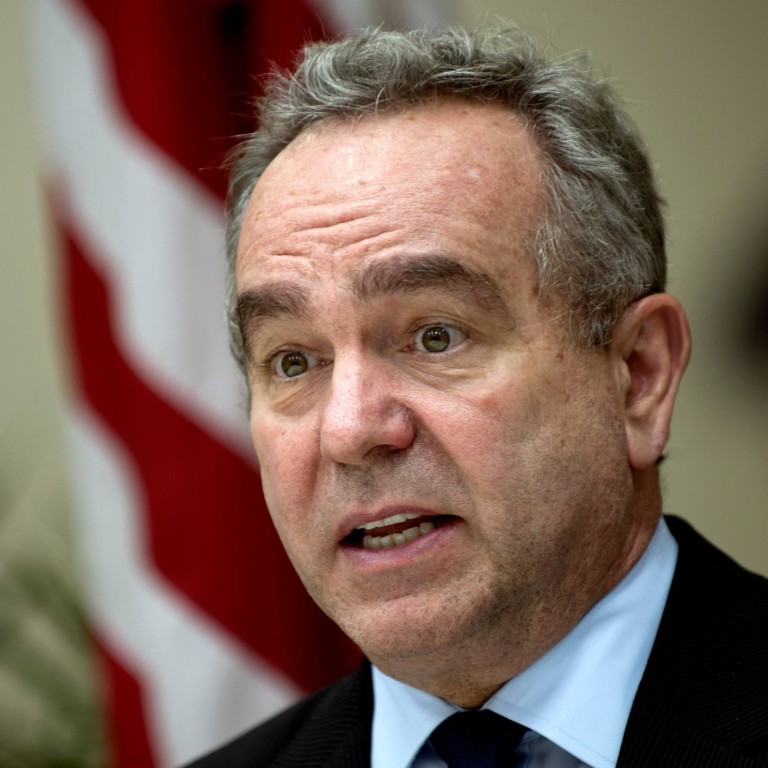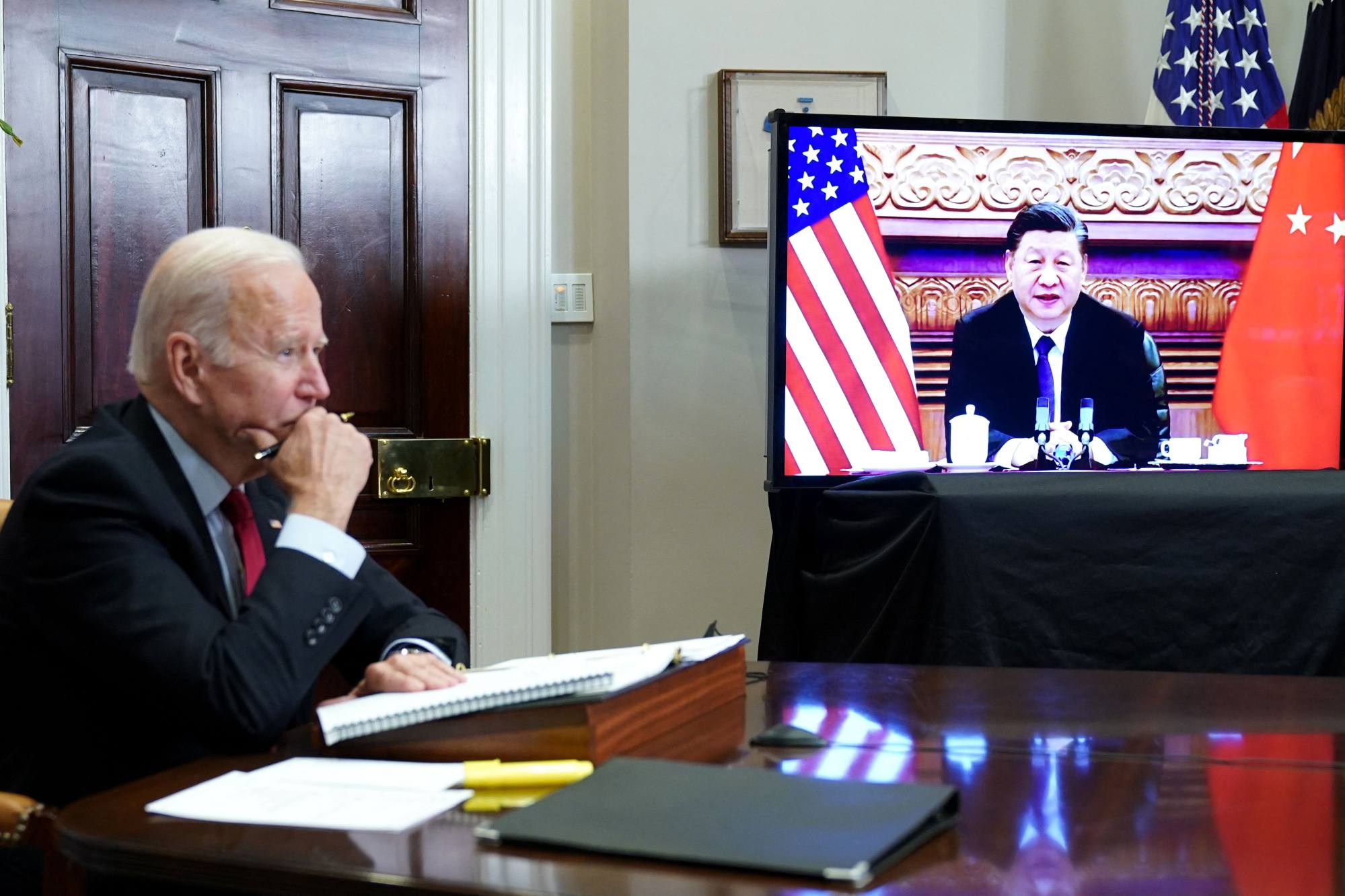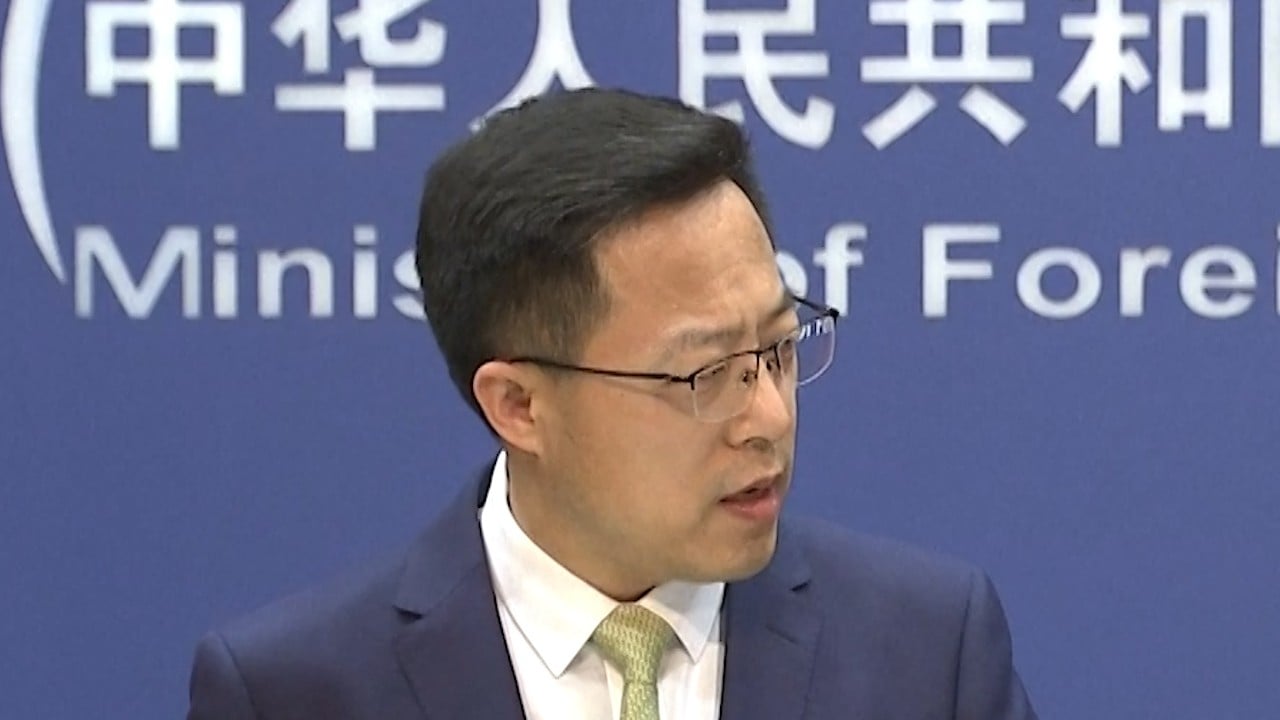
US will increase economic engagement with Asian nations, White House official says
- Kurt Campbell, President Joe Biden’s Indo-Pacific coordinator, says ‘2022 will be about these engagements comprehensively across the region’
- Move is a component of Biden’s approach of strengthening alliances and partnerships to counter China
The United States will step up economic engagement with countries in Asia in 2022, White House Indo-Pacific coordinator Kurt Campbell said this week.
Campbell, a key official shaping the Biden administration’s Asia policy, said that Washington would push for a more comprehensive approach in its Asian engagements in the coming year amid its continuing rivalry with China.
“That’s an area where the United States, indeed, needs to step up its game,” Campbell said on Thursday at a virtual event hosted by the Carnegie Endowment for International Peace.
In addition to more traditional diplomatic and military engagement, Campbell said that the US would accelerate efforts on economic ties, and that such engagement must include the setting of digital and technological standards.

“We’ve got to make clear that not only are we deeply engaged diplomatically, militarily, comprehensively, strategically – that we have an open, engaged, optimistic approach to commercial interactions, investment in the Indo Pacific,” he said.
“I think we well understand inside the Biden administration that 2022 will be about these engagements comprehensively across the region,” Campbell added.
Campbell said that leveraging ties with allies would continue as a key element in US policy toward China.
US against ‘zero sum’ Asia ties but will stand up to China, Harris says
“This is a larger engagement in which we need to work with allies and partners, so the most consequential element of our China policy … is in the region surrounding China, working with allies and partners … ensuring that we’re working for common purposes.”
The Biden administration has intensified US engagement with Australia, India and Japan as part of the Quad informal security alliance as well as assembling the Aukus pact with Australia and Britain.
But the US withdrawal from the Comprehensive and Progressive Agreement for Trans-Pacific Partnership trade deal in 2017 under former President Donald Trump has long drawn criticism from the region as the evidence of weakened US economic ties to the region.
In October, Biden told Asian leaders that Washington would soon initiate talks on creating an Indo-Pacific economic framework to deepen engagement with the region.
“Ultimately what the United States seeks is a kind of coexistence with China, with an understanding of China’s critical and important role,” he said.
“I think everyone recognises that the most important element of the next 10 years is to bring China more into the global framework associated with climate.”


